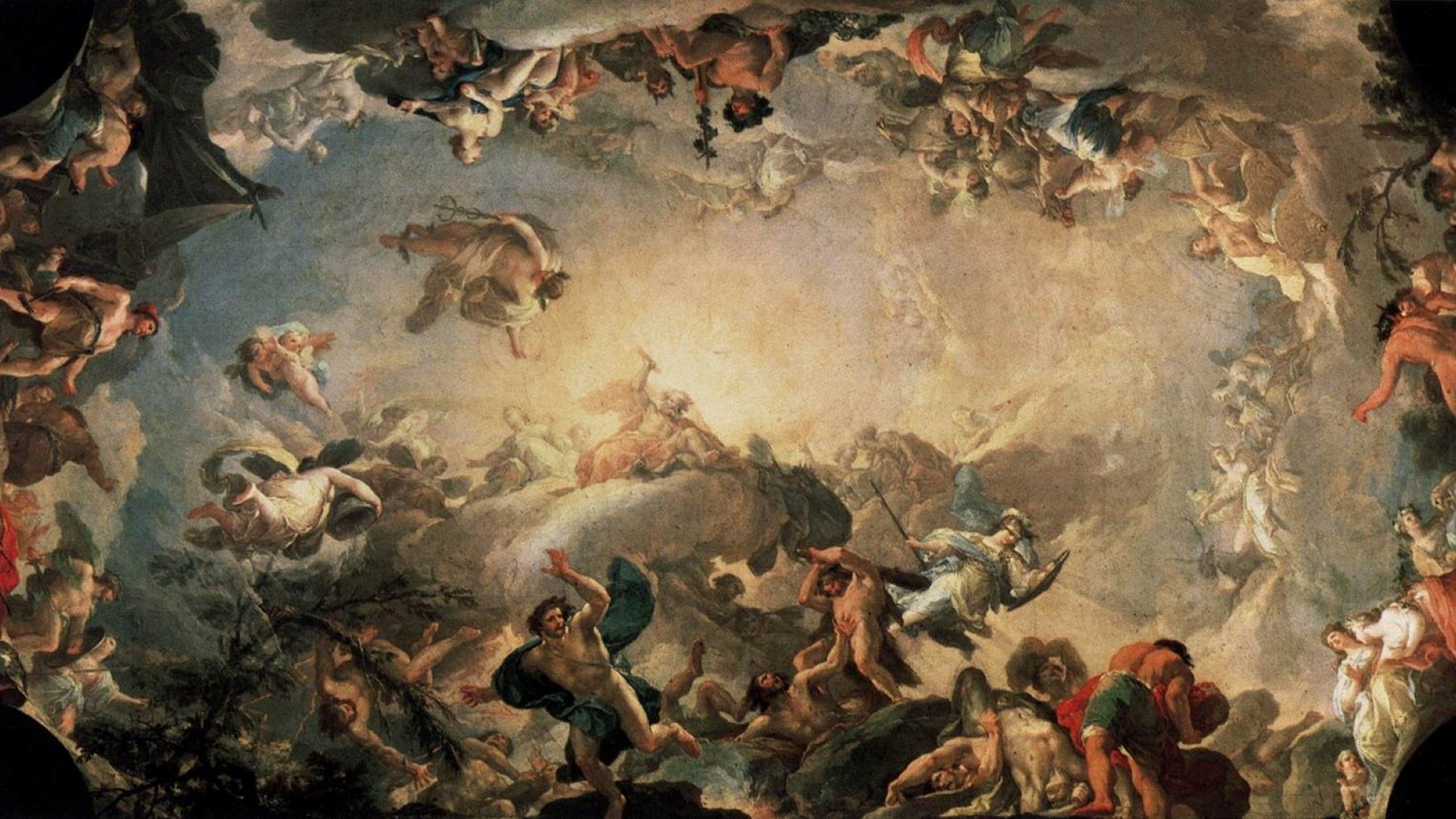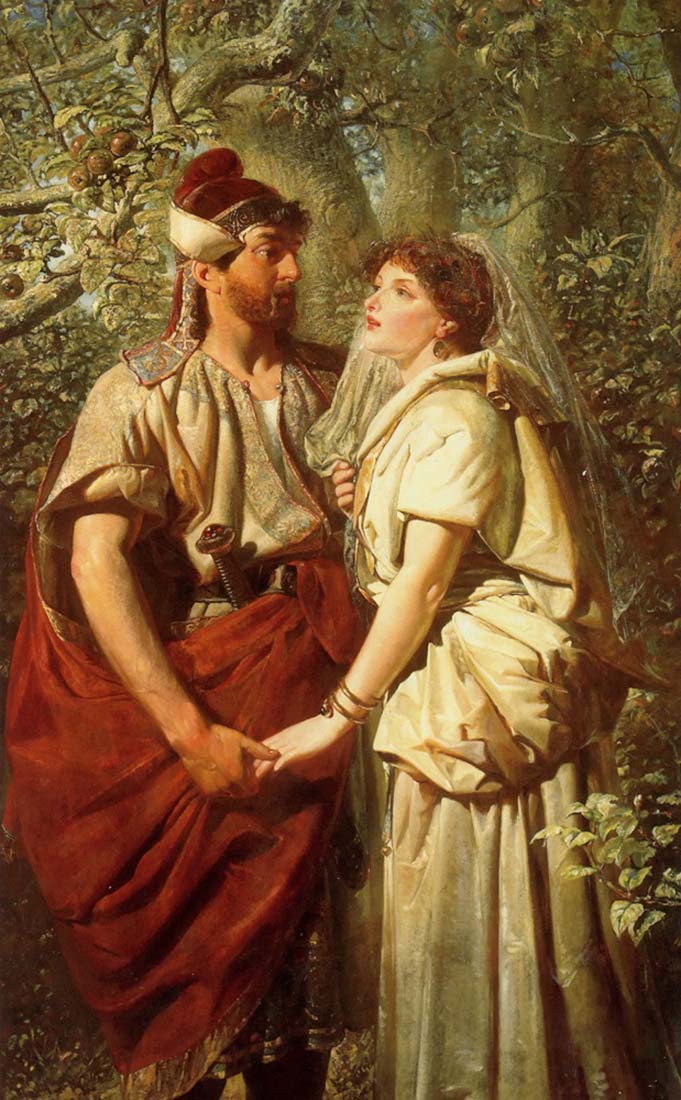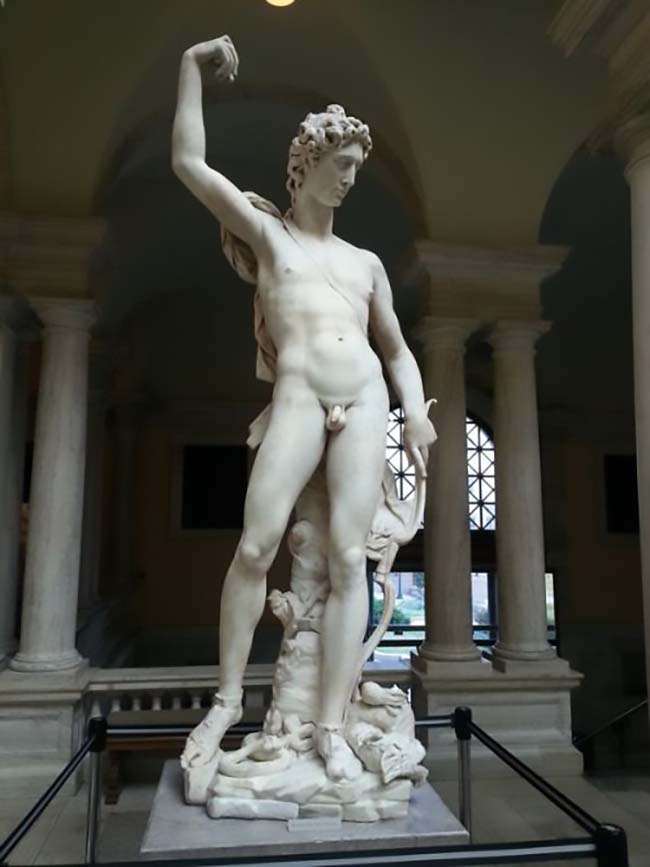
Pandarus

Pandarus (Ancient Greek: Πάνδαρος) is a Trojan aristocrat who appears in stories about the Trojan War.
In Homer's Iliad he is portrayed as an energetic and powerful warrior, but in medieval literature he becomes a witty and licentious figure who facilitates the affair between Troilus and Cressida.
In Shakespeare's play Troilus and Cressida, he is portrayed as an aged degenerate and coward[1] who ends the play by telling the audience he will bequeath them his "diseases".
Mythology
Pandarus was a Lycian, but he came not from Lycia, but was said to be an inhabitant of Zeleia, a city of the Troad. Pandarus was the son of Lycaon, ruler of Zeleia, and brother to Eurytion. Despite being a Lycian, Pandarus was also called a Trojan.
When the Achaeans arrived to besiege Troy, Pandarus would lead an army from Zeleia to defend Troy, for it was said that Zeleia was a city beholden to Troy. Pandarus would thus march his men from the foot of Mount Ida to Troy.
During the Trojan War, Pandarus gained a reputation as a bowman, potentially making use of a bow gifted to him by Apollo. In particular though, Pandarus is known for being tricked by the goddess Athena.
Eventually, a truce had been agreed between the Achaeans and the Trojans, when it was agreed that the war might be ended by a fight between Menelaus and Paris; though, Aphrodite would intervene to prevent Paris from being killed by Menelaus.
Then the goddess Athena intervened to ensure that the truce would come to an end; it is normally said that Athena did so at the behest of Hera, who wished to see Troy destroyed.
Athena thus disguised herself as a Trojan spearman named Laodocus, Athena thus convinces Pandarus that he might bring the war to an end by shooting an arrow at Menelaus. Pandarus does just that, but rather than kill Menelaus, Athena ensures that the arrow only wounds the king of Sparta. With blood drawn, the truce between Achaeans and Trojans is definitely at an end.
Shortly afterwards, Pandarus has another attempt at killing one of the Achaean leaders, this time Diomedes. Riding upon a chariot driven by Aeneas, Pandarus unleashes an arrow at Diomedes, but Diomedes is one of the favourites of Athena, and so again the arrow again fails to find its mark.
Diomedes quickly retaliates and with a thrown spear, Diomedes kills Pandarus, the spear of Pandarus finding its mark by the Trojan defenders nose.
There is man named Pandarus in the Aeneid, but this could of course not be the same Pandarus, but it was said that Pandarus’ brother, Eurytion, did accompany Aeneas in his travels.

Sources
Virgil, Aeneid
Homer, Iliad
Shakespeare, Troilus and Cressida
"Greek Legends and Myths"
Our Mobile Application
Check out Our Mobile Application "Ancient Greece Reloaded"


